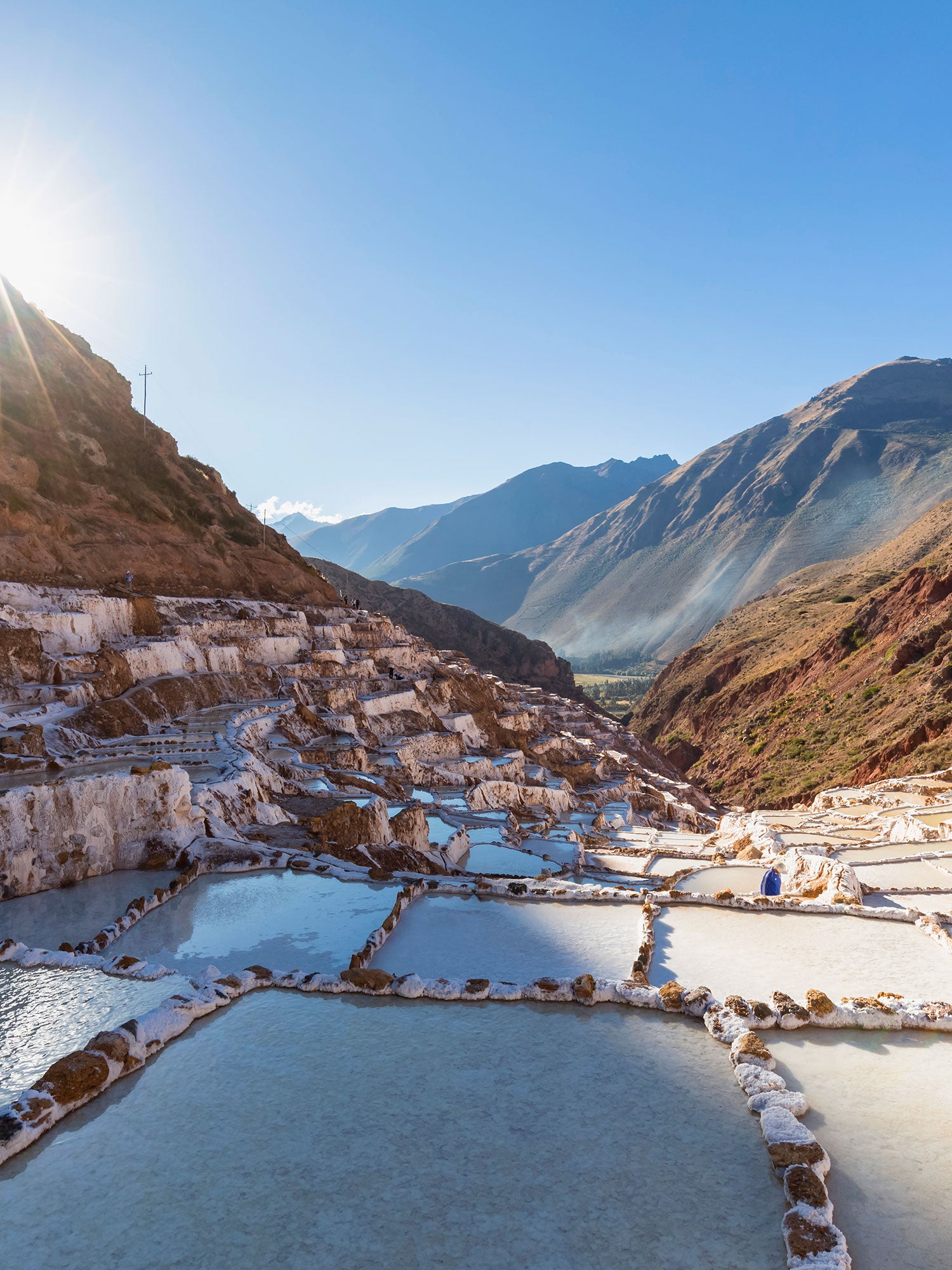
The Peruvian Government is seeking to obtain powers to implement an additional $3bn in taxes, of which $750m would be obtained from the mining sector.
According to economy deputy minister Alex Contreras, the tax “would be a significant increase for structural income in the country, which is the one with the lowest collection compared to the rest of the region. We collect less than half of an OECD (Organization for Economic Cooperation and Development) country.”
The proposed tax rise was first mentioned by Peru’s Finance Minister Pedro Francke, who said on Sunday that the government wants to increase mining taxes by 3-4%, citing a study from the International Monetary Fund, which gave room to hike levies.
Since leftist Prime Minster Pedro Castillo came into office in July, the government has been at loggerheads with the mining industry. There have been extensive protests throughout the country, especially within rural areas where miners operate, with mining firms complaining that the government has done little to try and resolve the blockades that have impacted the supply line.
Peru’s mining chamber criticised the proposal in response to the proposed tax hikes, saying it would put more than $50bn in future investments at risk in the world’s second-largest copper producer.
The National Society of Mining, Oil and Energy said Francke’s proposal would “irreparably” damage competitiveness in Peru’s sector mining, the engine of the country’s economy.
“We consider that there is ample evidence that the tax burden on mining is currently close to 50% of profits,” the chamber said. The body added the rate in neighbouring Chile was just over 40%, while it was 35.5% in Canada and 44.3% in Australia.



